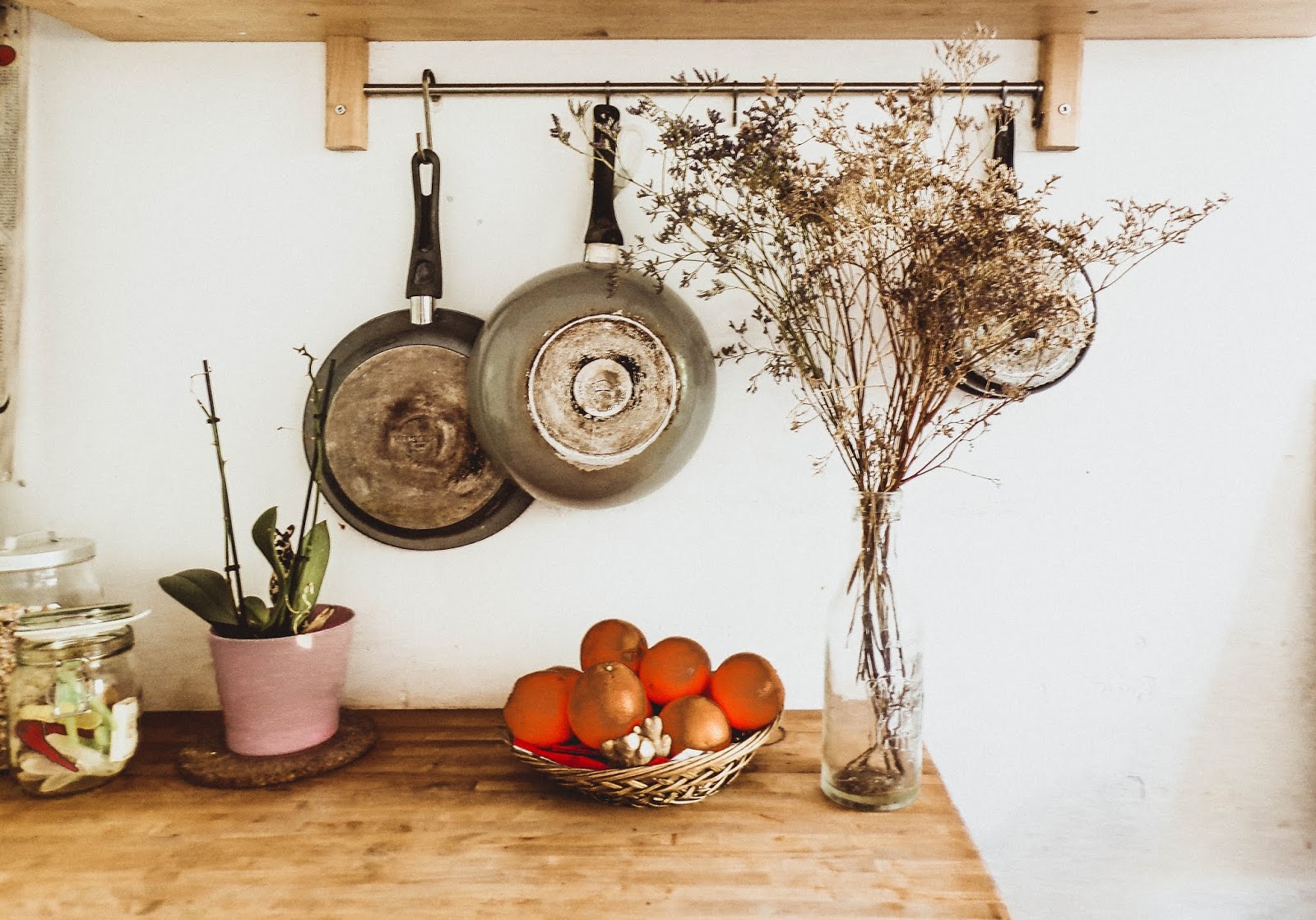For nearly the past year, I have been attempting to incorporate principles of Zero Waste living into my life. So far, I've been able to accomplish shopping without plastic bags, avoiding some single-use packaging, and shopping second-hand whenever possible.
Initially, I started off trying to fit the picturesque Zero Waste Lifestyle depicted by countless social media accounts and blogs. Glass jars, canvas bags, homemade products, and not a single piece of plastic in sight. Now, I understand that by not showing plastic in any way, shape, or form when talking about the goal of living a plastic-free life is done to show that yes, it is possible to live without plastic. However, to someone living the Standard American Lifestyle of packaged food and time-crunched convenience items, it seems highly unattainable and romanticized, rather than just a simple display of possibility.
This is not to discredit or criticize these influencers and how they display their lives, but simply to bring awareness that this “new” trend of plastic-free living goes against every grain of current society. It can be incredibly difficult for those wanting to start living with less plastic to know where to start or how to get to this “end goal” of a life of natural products and materials when they have plastic utensils and bottles and packaged products all around their home.
This is not to discredit or criticize these influencers and how they display their lives, but simply to bring awareness that this “new” trend of plastic-free living goes against every grain of current society. It can be incredibly difficult for those wanting to start living with less plastic to know where to start or how to get to this “end goal” of a life of natural products and materials when they have plastic utensils and bottles and packaged products all around their home.
“Do I throw everything out and replace it with glass and metal and wooden items so I can live this lifestyle?”
“Am I only a Zero-Waster if I never touch plastic?”
“Is buying things new or plastic considered a failure?”
That’s not an option for most, due to budget and availability, and hardly the answer. Though it can be incredibly frustrating to live with plastic containers and plastic-packaged products, it’s most economical and environmentally conscious to simply use them until they are unusable, dispose of them properly, then search for a replacement - if one is needed at all.
That’s not an option for most, due to budget and availability, and hardly the answer. Though it can be incredibly frustrating to live with plastic containers and plastic-packaged products, it’s most economical and environmentally conscious to simply use them until they are unusable, dispose of them properly, then search for a replacement - if one is needed at all.
To me, the Zero Waste movement is simply about avoiding the unnecessary, the unavoidable. It's okay to make mistakes. It's okay to opt for the packaged or plastic option if it saves your sanity at the moment, but it shouldn't be your go-to answer. Try to aim your habits at the most sustainable option, but it's okay if you can't make it all the time, or even most of the time. Our culture is not built for sustainability; it is built for making money. It is built for working hard and not losing time, because - you guessed it - time is money.
For a wonderful read on some of the intricacies of Zero Waste living, and tips on what you can do if you want to see more options for low-waste living around you, read The Truth Behind Zero Waste: the Good, the Bad, and the Privilege by Renee Peters.
For a wonderful read on some of the intricacies of Zero Waste living, and tips on what you can do if you want to see more options for low-waste living around you, read The Truth Behind Zero Waste: the Good, the Bad, and the Privilege by Renee Peters.





No comments :
Post a Comment